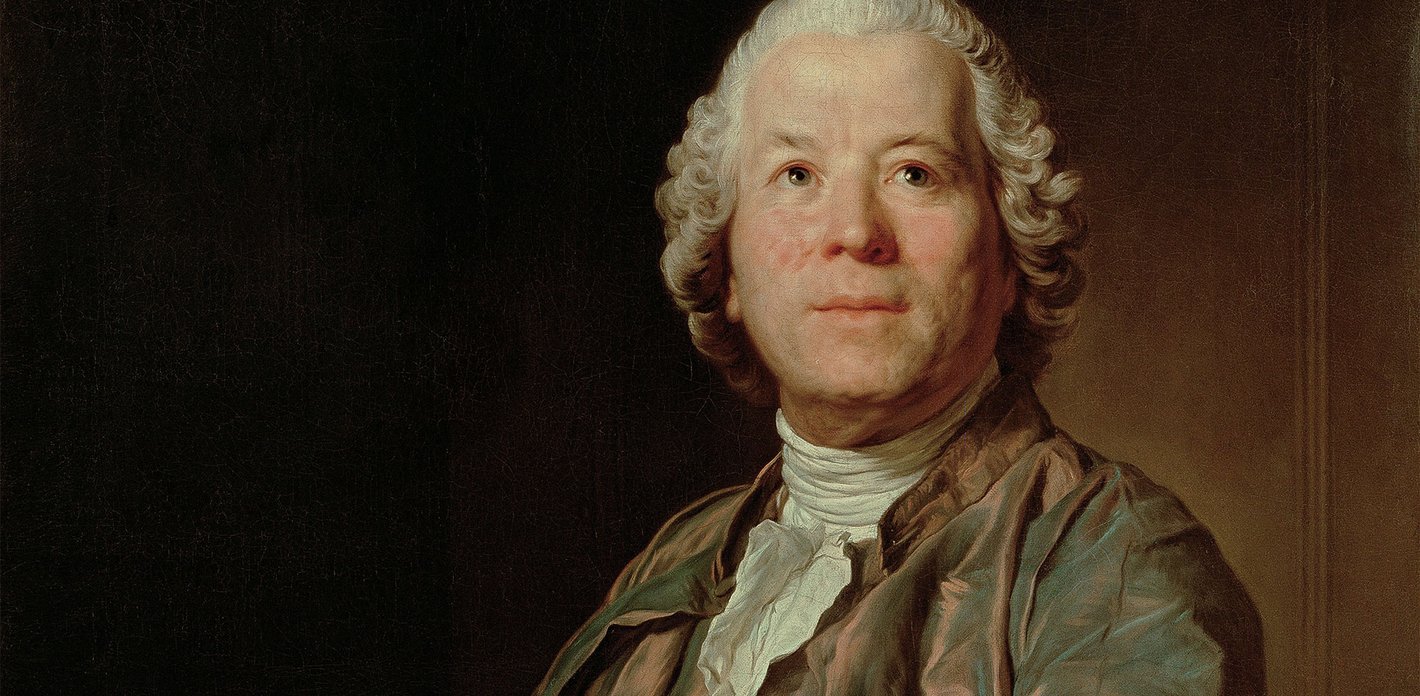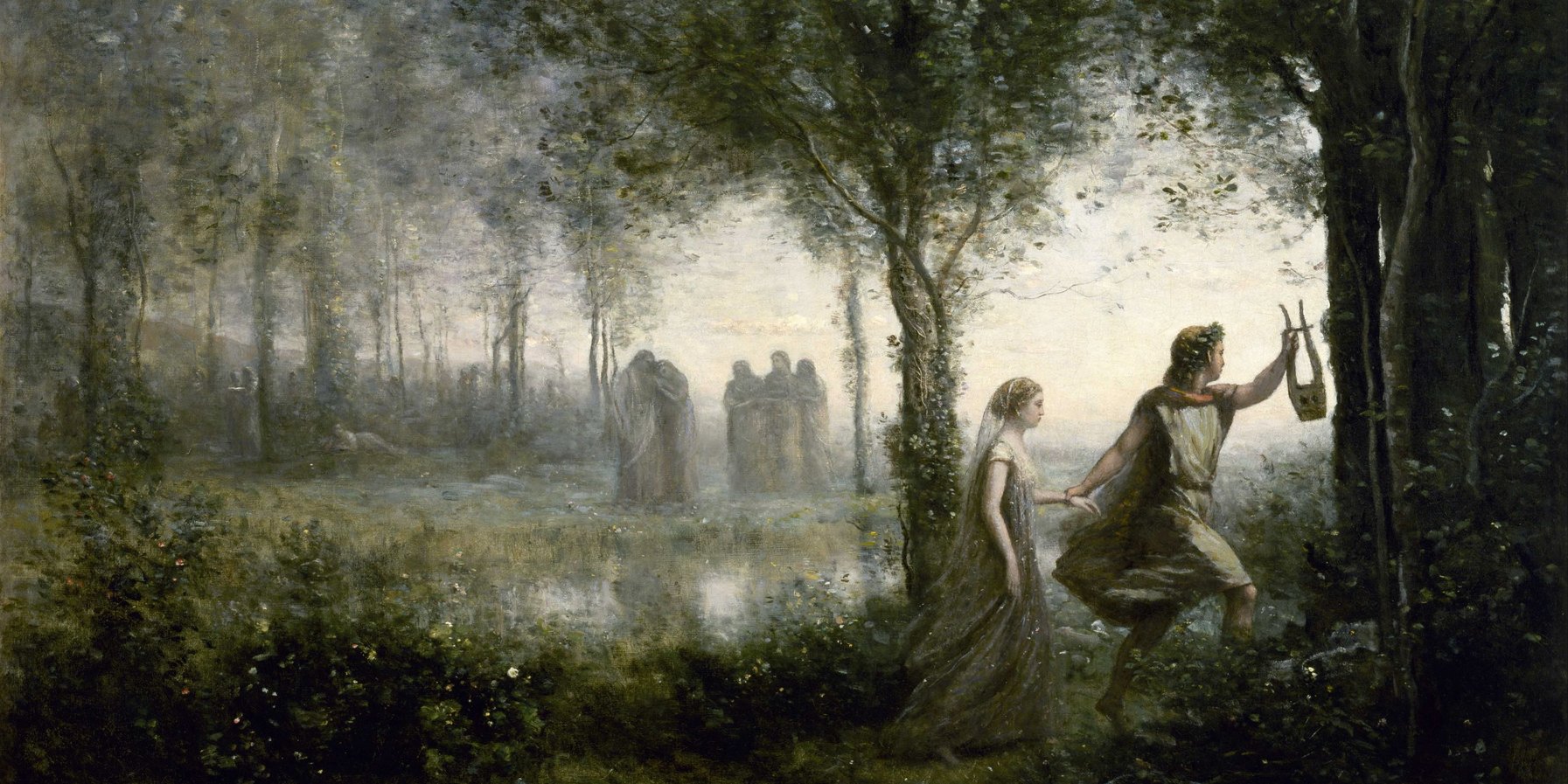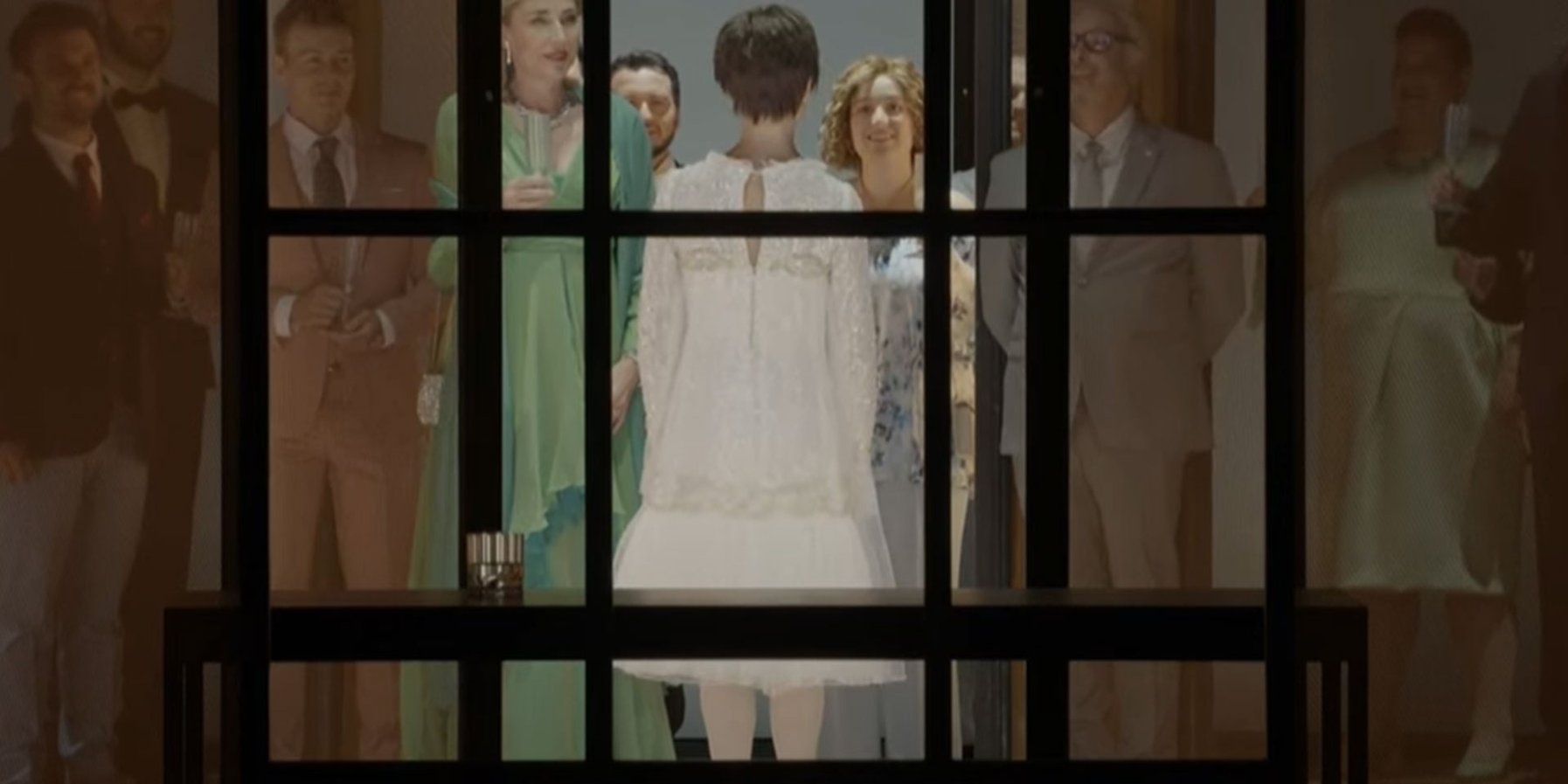Text: Regine Müller
Translation: Clive Williams
The venerable Viennese antiquarian bookshop Inlibris recently offered a letter by Christoph Willibald Gluck for sale. The autograph manuscript, dated 29 November 1776 and advertised as a »document of Gluck’s business acumen«, was addressed to Franz Kruthoffer, secretary at the Imperial Embassy in Paris and Gluck’s private secretary and friend. In the letter, Gluck promised Kruthoffer that he would meet the royalty expectations of his publisher Peters, but reserved several author’s copies in return, and insisted that this promise would not set a precedent for future royalty negotiations. The composer also complained about the flood of unsolicited opera libretti and forbade Kruthoffer to accept any more: »I cannot cope with any more of this bombardment!«.
The hastily written letter sketches its author's personality and circumstances: this was a self-confident, busy composer spoilt by success, whose good business sense has made him a wealthy man. The letter is interesting but, although never printed, it is not a scholarly sensation – and probably not likely to trigger bidding wars in international auction houses. This is partly because posterity is still much more interested in stories about an artist whose life is turbulent and crisis-ridden. Gluck inhabited a normal and stable world: he is generally regarded as a darling of Fortune, and we have no evidence of money troubles, upheavals in his personal life or artistic crises.

It may well be due to the fact that Gluck led such a normal life, making him unsuited as an ideal of the Romantic genius, that he continues to be placed in the second rank of composers. But it seems unfair to regard a composer who was actually a highly complex person as a bit boring just because he wasn't pushed for money. The truth is that Gluck's biography tells the stoy of a rapid and purposeful rise to fame.
From the Upper Palatinate to Milan
Christoph Willibald Gluck was born on 2 July 1714 near Neumarkt in the Upper Palatinate, the son of a forester. The family moved to northern Bohemia in 1717; in Eisenberg (now Jezeří), the highly talented boy is said to have received his first musical lessons at the Jesuit school. He didn’t want to become a forester himself, and as a teenager he secretly left his parents’ home around 1731 and travelled in a roundabout way to Vienna, earning his living on the streets and in churches. In Prague, he began to study logic and mathematics, but soon abandoned these academic pursuits to take an active part in the rich musical life of the Bohemian capital.
Gluck probably arrived in Vienna in 1734. As early as 1737 he moved on to Milan, where he studied composition with Giovanni Battista Sammartini at the age of 23 and premiered his first opera, »Artaserse«, in 1741. By the time he died in 1787, he had written a further 50 or so operas, as well as a dozen other stage works such as ballets and pasticci. Of course Gluck also composed orchestral, church and chamber music, but it became clear early on that opera was his passion – a genre in which he implemented bold and lasting reforms at the height of his career.
Restless traveller
But for the time being, Gluck continued to travel ariound Europe. After Milan, he visited Venice and Turin. He was on the road in Central Europe, visiting Hamburg, Copenhagen, Dresden, Prague and Naples, where he soaked up national and local musical traditions and different personal styles like a sponge. Even in those days, musicians were keen travellers, and not just out of sheer curiosity. As freelancers, they were always on the lookout for lucrative commissions in an opera and music business that was already international; under the constantly changing power constellations of their patrons, most of them feudal rulers, flexibility and agility were called for.
Gluck’s stay in London in 1745/46, where he also met George Frideric Handel, played a formative role in his development. His experiences in England changed his approach to the human voice in particular, a development that later formed the basis of his operatic reforms. In his »Diary of his Musical Travels«, translated into German in 1772/73, the British music historian Charles Burney reports on several encounters with Gluck: »He told me that England had led him to concentrate on the study of nature in his dramatic compositions.« The success that Handel enjoyed in London had prompted him to study »the taste of the English«: »and as he found that the plain and simple passages had the greatest effect on them [the listeners], he has since constantly endeavoured to write vocal parts in the natural tones of human feelings and passions rather than flattering those who love profound scholarship or art that is full of difficulties«.

»England hat Gluck darauf gebracht, sich auf das Studium der Natur zu legen.«
Composer with Papal honours
Gluck’s actual rise to become one of the most successful and influential opera composers of his time began in Vienna, to which he returned in 1748, staging »La Semiramide riconosciuta«, the first opera commissioned by the Imperial court, in the same year.
In 1750 he was already being described as a »famous music composer« and »a virtuoso of good reputation, also a good businessman with good manners«. As such, at the age of 36 he was able to marry the 18-year-old merchant’s daughter Maria Anna Bergin, who, orphaned at an early age, not only brought a very handsome dowry into the marriage, but also a sound business mind and excellent social connections. She accompanied her husband on many journeys, and when the couple increased their wealth over the years with property transactions, Frau Gluck usually acted as the buyer. Moreover, her sister was chambermaid to Empress Maria Theresa, which gave Gluck further access to the highest circles.
In 1754 Gluck, now aged 40, finally gained favour at the Imperial court with the festive opera »Le Cinesi«: he became Maria Theresa’s court conductor and was appointed music teacher to her children, who performed his opera »Il Parnaso confuso« in 1765. By then, he had already been elevated to the rank of »Knight of the Golden Spur« by Pope Benedict XIV: as a bourgeois artist, you could hardly climb any higher on the career ladder in pre-Revolution Vienna.

Great opera reformer
In Vienna, Gluck was feted first and foremost for his operas, but the ballet »Don Juan« (1761) also caused a sensation, as it was his first step towards the great opera reform that he finally implemented the following year with »Orfeo ed Euridice«. Based on the natural and simple melodies that he had discovered in England, Gluck abandoned the traditional opera, with its rigid scheme of recitative and aria and its love of virtuoso flourishes, in favour of the fully-composed drama where nothing was allowed to hold up the story: »No more the cold beauties of convention, to which the composers have hitherto felt obliged to adhere. The true task of music is to serve poetry without interrupting or hindering the action!«
At the invitation of his former pupil Marie Antoinette, Gluck was also able to present his ideas for reform in Paris between 1774 and 1779. Far more than the opera in Vienna, the French opera of this period was above all a great spectacle with a lot of dancing and lavish stagecraft. In the six operas he wrote in Paris, Gluck systematically reduced the pomp to make room for the dramatic action. His greatest triumph was »Iphigénie en Tauride«, which was premiered in 1779.
Dmitri Tcherniakovs Inszenierung von Glucks »Iphigénie en Aulide« und »Iphigénie en Tauride« beim Festival von Aix-en-Provence
Knowledge of the heart
Gluck’s reform ideas later became just as important for Beethoven as they were for Giuseppe Verdi and Richard Wagner, the great opera composers of the 19th century; in 1847, Wagner even adapted Gluck’s 1774 work »Iphigenia in Aulis«. Hector Berlioz also paid tribute to Gluck: »Endowed with an extraordinary power of feeling and with a rare knowledge of the human heart, he devoted himself exclusively to giving passions a true, deep and powerful language, and he used all musical means to achieve this single goal.«
Gluck’s contemporary Charles Burney already felt that his music was worthy of the highest comparison: »He gives the passions such heart-penetrating language, such colours, that one recognises in him at once the poet, the painter and the composer. He seems to be a Michel Angelo in music.«
»I feel a bit lazy this morning.«
Christoph Willibald Gluck
And what was Gluck like as a person? Contemporaries describe him as a little quick-tempered, but otherwise he seems to have been popular with most people. However, his perfectionism was feared, as Burney reports: »He is a strict disciplinarian, and just as terrible as Handel used to be when conducting an orchestra; nevertheless, he assured me that he never found his brigade unruly.«
All his assertiveness and discipline notwithstanding, Burney portrays Gluck as a man with charming weaknesses: »This morning I went to say goodbye to Chevalier Gluck; and although it was already eleven o’clock when I got there, he was still lying in bed like a true great genius. Madame said to me that he was in the habit of writing late at night, and thus stayed in bed a long time to recover; but Gluck, when he came out, made no such excuse. Instead, he frankly confessed: »Je suis un peu poltron ce matin (I feel a bit lazy this morning).«
This article appears in the Elbphilharmonie Magazin (issue 1/25).
- Elbphilharmonie Großer Saal
Gluck: Iphigénie en Tauride / Thomas Hengelbrock
Balthasar Neumann Choir and Orchestra / Soloists / Thomas Hengelbrock
Sold out






